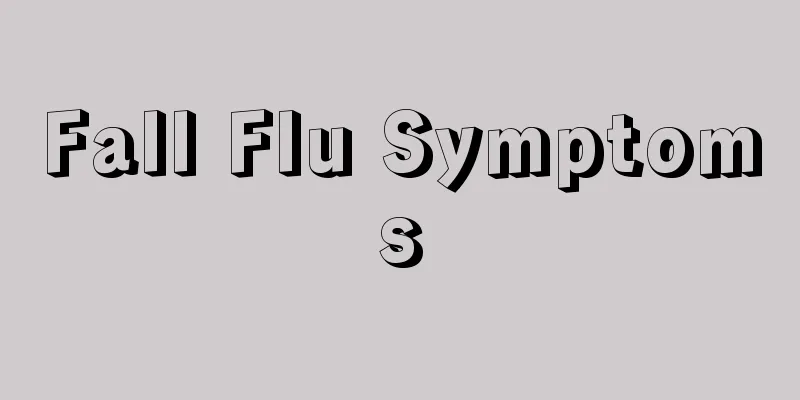How do parasites enter the human body?

|
Everyone is very afraid of parasites because they can cause a variety of diseases after entering the human body. Parasites are most likely to appear in the human intestines, causing abdominal pain, diarrhea and many other symptoms. Severe cases can also cause anemia, itchy skin, fever, etc. Therefore, it is important to take measures to prevent parasites in daily life. To this end, we must understand the ways in which parasites enter the human body so that we can achieve targeted prevention. How do parasites enter the human body? 1. Oral infection. If you ingest water or food contaminated with infectious ascarid eggs or amoebic cysts, you may be infected with ascariasis or amebiasis. 2. Transmitted by blood-sucking insects. If you are bitten by an Anopheles mosquito infected with Plasmodium, you may get malaria. 3. Infection through the skin. For example, the filariform larvae of hookworms can directly penetrate the host's skin and infect it. 4. Transplacental infection. Such as congenital malaria, congenital toxoplasmosis, etc. 5. Infection through the respiratory tract. For example, primary amoebic meningoencephalitis is infected through the nasal mucosa. 6. Other methods. For example, blood transfusion can cause infection with malaria parasites. Although there are six transmission routes for parasitic diseases, infection does not necessarily lead to illness. The onset of illness mainly depends on the number and virulence of the parasites that invade the body and the host's immunity. The more insects that infiltrate and the stronger their virulence, the greater the chance of disease and the more serious the condition. The treatment of parasitic diseases focuses on eliminating parasites, and the most effective anthelmintic is used according to the species of parasites. When the infection is severe and the host is weak, supportive therapy can be given, and surgical treatment should be performed promptly if there are surgical complications. There are many factors that cause human parasites to develop. Unclean diet and weak physical constitution are the main factors that lead to parasitic diseases. Therefore, you must pay attention to dietary hygiene and try to cook the food as much as possible. To prevent diseases, you must first understand parasitic diseases. Parasitic diseases are diseases caused by some parasites that live in the bodies of humans and animals. Parasitic diseases are a type of disease that is widely distributed, diverse and seriously harmful in the world. Common parasites that cause parasitic diseases include roundworms, whipworms, pinworms, hookworms, amoebas, ginger worms, Toxoplasma gondii, Trichomonas, etc. |
<<: What is the standard weight for a 175cm tall boy?
>>: What should I do if I have a fever in my 3rd month of pregnancy?
Recommend
I have a method for treating dysmenorrhea by soaking your feet
Several different foot soaking methods can help y...
What's wrong with red eyes
What is the reason for red eyes? In our daily lif...
Can Luo Han Guo and Pang Da Hai be soaked together? What will be the effect?
Both Sterculia lychnophora and Monk Fruit are com...
What are the factors that affect the treatment of lung cancer? 6 factors that affect the treatment of lung cancer
Lung cancer is a relatively difficult disease to ...
What are the symptoms of skin cancer
Skin cancer is a malignant tumor. Its main sympto...
What are the ways to unclog blood vessels?
The living standards of modern people have greatl...
What is the reason for night cough? Here are 5 ways to treat cough
There are many reasons for night coughing. Since ...
The difference between melasma and freckles
When spots appear on our face, we will be very an...
How to distinguish peony from herbaceous peony
In our lives, many people like to plant some flow...
What harm does paint smell do to people
Some people often smell paint because there are f...
Tips for choosing quail eggs
Quail eggs are the most commonly eaten egg food o...
Is colon cancer inherited by males or females?
With the development of society, the improvement ...
What are the nursing items for prostate cancer patients? Dietary care methods for prostate cancer patients
What are the nursing items for prostate cancer pa...
What is root canal treatment for tooth decay?
Tooth decay is a disease that seriously damages t...
How to drain the water from swollen face
There are many reasons for facial edema, such as ...









